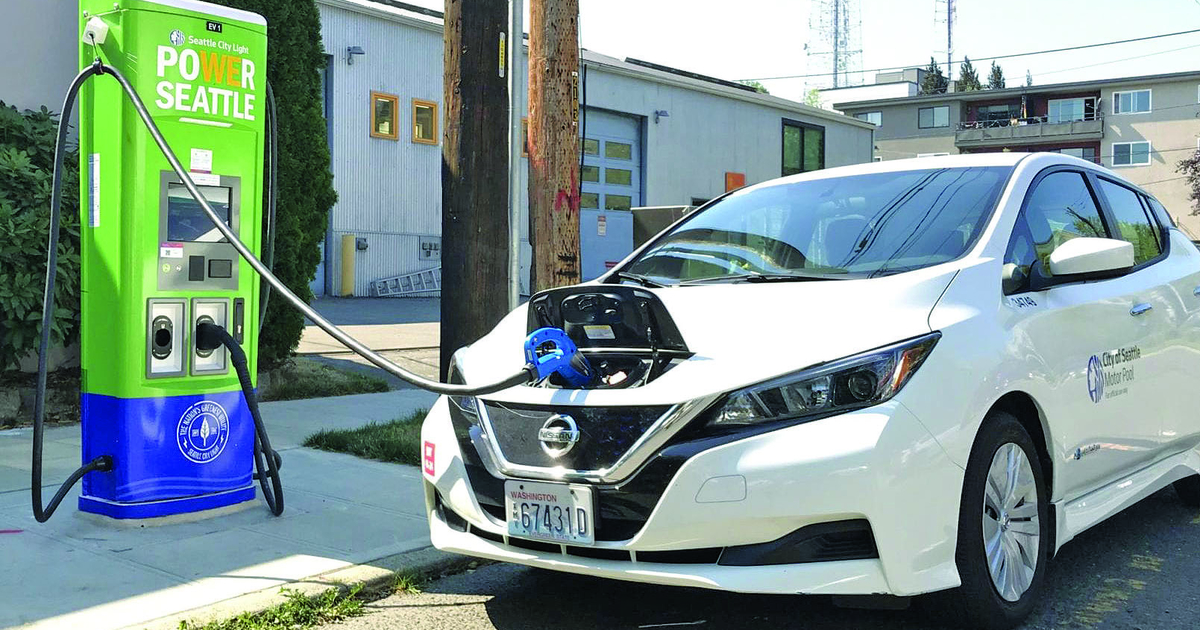
The “Equitable Electric Mobility Playbook” developed by Enterprise Holdings and the National League of Cities says the following regions are making progress toward electric vehicle equity.
Drive Clean Seattle is a comprehensive strategy for transportation electrification across passenger vehicles, trucks, public transit and maritime transportation. This project has an equity and racial justice focus, and places emphasis on human-centered design and placement of chargers. Drivers and community members were interviewed to understand the equity challenges that would have otherwise been missed in the project implementation.
BlueLA is a station-based car-sharing program that deploys in socially vulnerable communities. The project focused first on disadvantaged communities, defined as areas with most people facing economic, health and environmental burdens. A tiered pricing system, made possible by a grant from the California Air Resources Board, kept the program affordable while signaling demand. However, an alternative funding source will be needed after the CARB grant. The project began as a city-led initiative and was later transferred to private sector leadership. The city assumed most of the risk at the beginning of the project.
Forth Mobility and the City of Hood River received a grant from the U.S. Department of Energy for advanced vehicle technologies research in 2021 to provide electric vehicle car-sharing to low-income residents and businesses in Hood River. Forth’s Clean Rural Shared Electric Mobility (CruSE) Project is a three-year program intended to demonstrate a financially sustainable model for plug-in electric vehicle car-sharing in rural communities. This project, while still in the early stages of development, places EVs in affordable housing communities.
The Evie Carsharing program and EV Spot Network are designed to introduce residents to EVs, increase mobility in low-income and low car-ownership communities, and provide a public charging network. Minneapolis and St. Paul leveraged the expertise of Xcel Energy and HOURCAR. The partners secured federal and state funding, in addition to funding by the city. The project has benefited from early support from leaders and equity-focused organizations and initiatives, including the Minneapolis Climate Action Plan.
In 2019, eight San Joaquin Valley metropolitan planning organizations partnered with mobility researchers at the University of California Davis to launch Miocar, a rural, affordable car-sharing service with EV charging stations placed near low-income households. The project focused on offering clean transportation to disadvantaged residents. The public-private partnership helped preserve low-cost operations and allowed the program to be a long-term solution.
In 2017, Hacienda Community Development Corp., Pacific Power, CarCharging and Forth Mobility worked together to pilot the first peer-to-peer EV car-sharing program. This pilot is an example of partnering with community-based organizations with deep neighborhood ties to ensure equitable deployment. Trusted organizations hosted informal public engagement and learning sessions, which increased the knowledge of EVs and the pilot program.